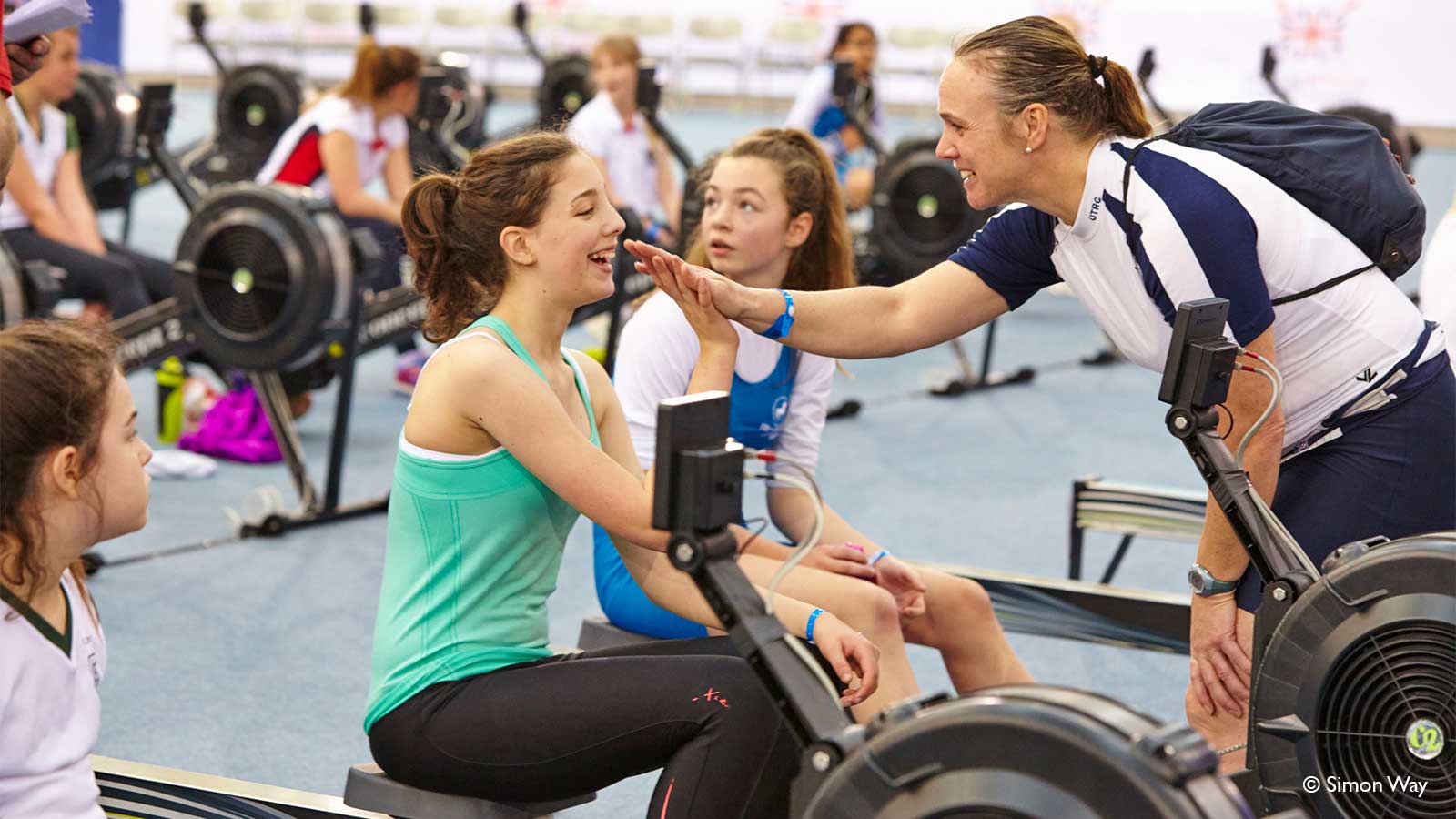Junior Rower Development
Stay safe and have fun in rowing

When you’re rowing, you have the right to have fun and stay safe.
Worried about something? Don't keep it to yourself!
There is someone you can turn to.
You could speak to an adult you know and trust such as a parent, a teacher, your Club Welfare Officer, your coach, a school counsellor, a doctor or school nurse.
All British Rowing clubs with junior members must have a named person responsible for your welfare.
If you feel you want to talk to someone else, you can call ChildLine confidentially on: 0800 11 11 or visit their website: www.childline.org.uk.
Don’t let anyone spoil it!
Here’s some information about what you and your coach need to do to have fun and stay safe in rowing.
Your club
Your club is there to help you learn the sport safely and enjoy it.
What does this mean for me?
It means my coaches respecting me as a person by:
- Treating me as an individual.
- Not bullying me to make me do things.
- Putting my needs before winning or achieving goals.
- Explaining when they need to have physical contact with me to show me a technique in rowing.
- Not speaking to me in a way that makes me feel uncomfortable.
- Making sure equipment is safe for me to use.
- Being a good role model.
- Making rowing fun!
If you’re not comfortable with physical contact you have the right to say no.
Useful links
You the rower
Just as your coach has responsibilities to make rowing fun and safe, so do you!
What does this mean for me?
This means respecting the people who are there to teach me about the sport, as well as other rowers by:
- Accepting what the coach asks me to do within the rules of rowing.
- Being prepared and on time for training and competitions.
- Doing my very best at all times.
- Not making insulting comments or swearing at the coach or other helpers at the club.
- Never bullying the other rowers.
Bullying means things like name calling, hitting, shoving, stealing or damaging belongings, spreading rumours, making threats or sending nasty texts or emails. - Telling my parent, carer or coach where I am or if I’m going to be late.
Think about what you say and do on the Internet – the whole world can see your online profile, blog or photos!
And not forgetting…Parents and Helpers
Parents and helpers are there to support you. They should:
- Never argue with the umpire; his/her decision is final.
- Be enthusiastic, get involved and cheer, but not embarrass me.
- Not take or publish photos of me without permission.
- Support me and respect everyone nearby.
For more information on Safeguarding and to see our policies and guidance documents, please see our Safeguarding section.

